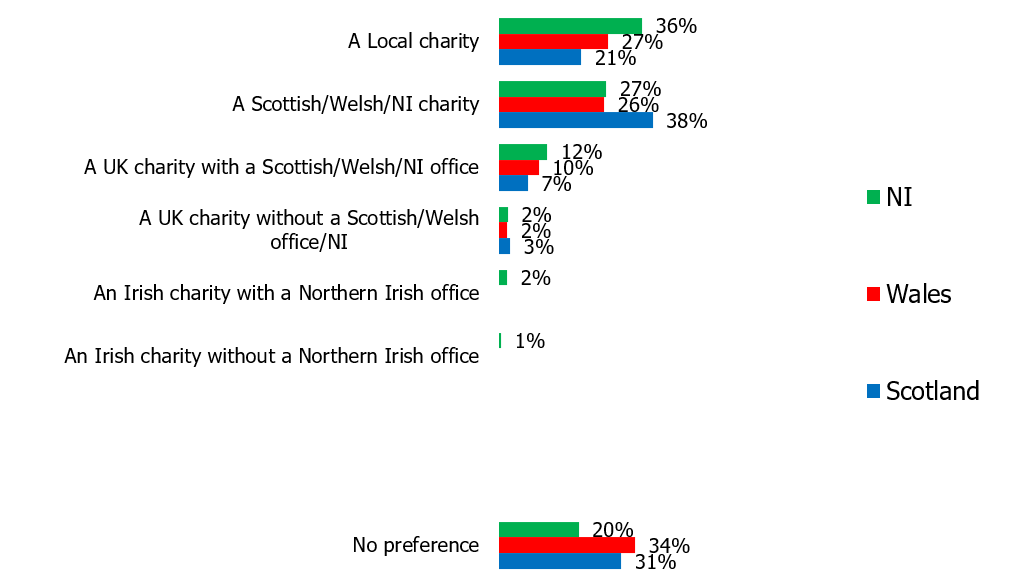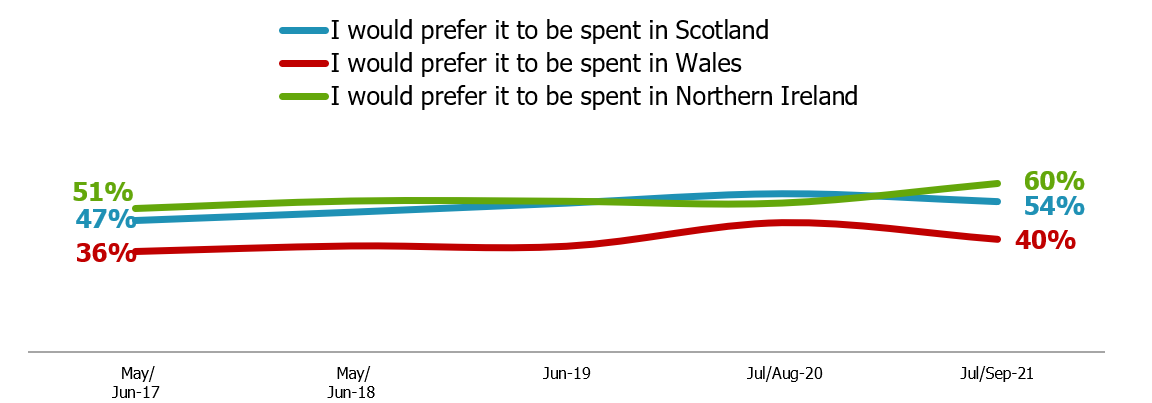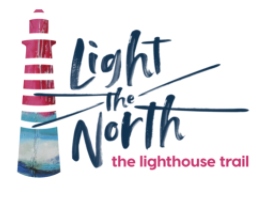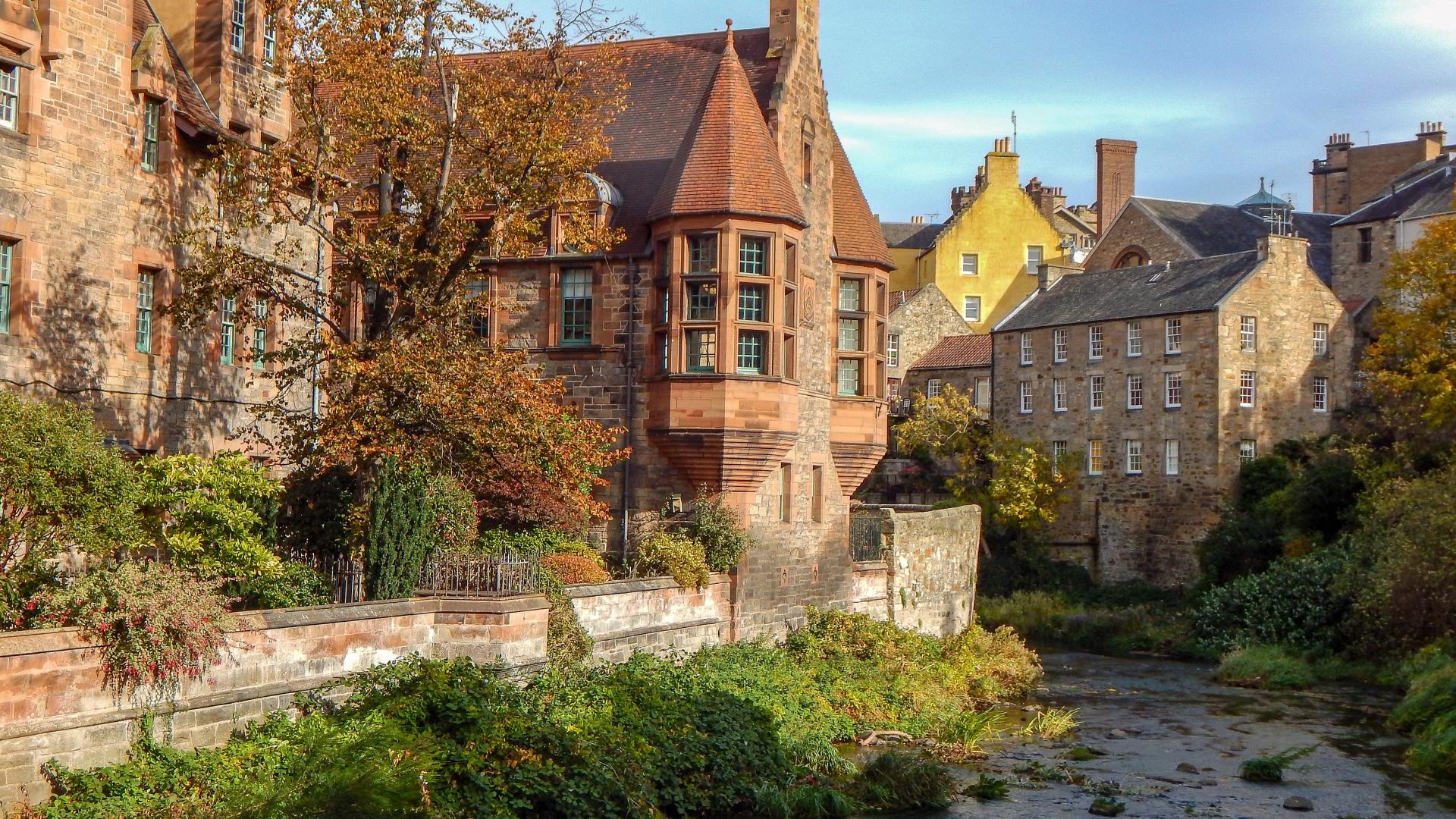Peter Dawson
How do charities appeal directly to the communities they operate in? The past two years have given us abundant scope to view how charities have interacted with the localities around them. Grassroot charities were at the heart of the COVID-19 response, displaying their agility and knowledge of the areas they covered to help the most vulnerable people affected by the pandemic. But what of larger charities – how do some of these organisations connect with local bases?
As part of our research in the devolved nations (Scotland, Wales, and Northern Ireland), we were keen to explore the issue of localism and how ties with local areas and nationhood affect their support of a charity. This has given us an opportunity to peer into how some charities approach the question of how to connect with communities.
Our research from 2021 showed that the majority of the public in all three devolved nations displayed a preference towards supporting a charity that is either locally or nationally based. For Northern Ireland, over a third favoured a local charity with another quarter (27%) favouring a Northern Ireland charity. In Wales, there was an almost equal split in favouring a local or Welsh charity (27% and 26% respectively). In Scotland, the inclination to support a local charity was smaller (21%) though nearly 4 in 10 said they’d be most likely to support a Scottish charity (understandable given the heightened sense of national identity experienced in Scotland in recent years).
Figure 1: Type of charity respondents in the devolved nations prefer

Consider a charity providing services in Wales/Scotland/Northern Ireland. Which of the following would you be most likely to support?” Source: Celtic Charity Awareness Monitor/Charity Awareness Monitor, Jul-Sep 21, nfpSynergy | Base: 1,000 adults 16+, Wales/Scotland/GB, 711 NI
This focus on localism is concentrated further when we look at where the public would like to see their donation spent. In Scotland, 54% preferred to see their donation spent within their own borders and in Northern Ireland, it was even higher at 6 in 10 people. Although a smaller amount of people in Wales wished to see their donation spent there, it was still the most preferred option, ahead of a desire to see it spent across the UK or beyond.
Figure 2: Preference of donation spend

“If you were to make a donation to a charity, which of these statements best describes how you would like the money to be spent?” Source: Celtic Charity Awareness Monitor, Jul/Sep-21, nfpSynergy | Base: 1,000 adults 16+, Wales, 1,000 adults 16+, Scotland, 760 adults 16+, Northern Ireland
Preference towards charity action at a devolved and local level is not just confined to the public. Our research with parliamentarians has often produced comments along the lines of wanting to hear ‘More information happening in my constituency’ or ‘More local information’ from major UK-wide charities. This speaks further of an appetite to see the larger parts of the sector keep delivering not just at a national level but at a community level as well. Put simply, how successful charities are at a local level depends upon how they appeal and connect to these audiences.
You don’t have to look far to see some great examples of charities being able to appeal successfully to distinct localities and tailor campaigns specific to them.
One such organisation is CLAN Cancer Support, a charity covering large swathes of the north of Scotland from Aberdeen northwards. One recent example in which CLAN was able to communicate effectively with the communities it serves was through their eclectic ‘Light the North’ sculpture trail campaign (in partnership with Wild in Art). This was a fantastic and inspiring endeavour that saw the charity raise over £350,000 in the region whilst displaying the artistic merits of many of its residents. Also, in not just planting a very physical presence in even the remotest parts of the country it proved the beauty of a campaign that was both meaningful and relevant to the region. I mean, what better way is there to connect to these coastal communities in the north of Scotland than a campaign about lighthouses?? (disclaimer: I am from the Orkney Isles, so I may be biased!)

Another charity, that also operates Scotland-wide and brilliantly engages the public at the local level is Keep Scotland Beautiful. Established in the year 2000, the charity seeks to make people aware of the ever-growing dangers of climate change in Scotland, while also promoting the upkeep of the nation’s beauty spots. Through initiatives such as the Beach Award and the ‘It’s Your Neighbourhood’ scheme, the charity has been able to speak directly to hundreds of communities, encouraging people to have a stake and promote the natural wellbeing of their surroundings. As global action on climate change becomes more urgent, the initiatives that Keep Scotland Beautiful operates has helped remind communities of the very personal loss and damage we may all experience if we fail to act. As such, charities like them, in being able to communicate a local message will only become more relevant.

CLAN and Keep Scotland Beautiful are just two cases in how charities not only get to the heart of a community and region but build trust and support in these areas at the same time. In connecting with these communities, they also provide perfect examples of innovative and engaging campaigns that communities can interact with. But most importantly by engaging at the micro-level they allow narratives to be developed from the ground up, adding an extra layer of authenticity to the great work they do.

